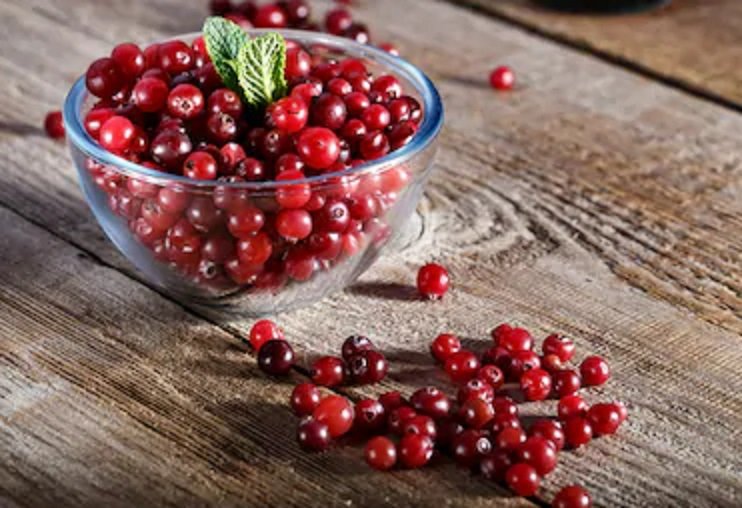Inside BENEO’s new pulse plant: pioneering sustainable protein from faba beans
New findings suggest that daily cranberry intake could reduce H. pylori infections.
A new clinical trial found consuming cranberry juice containing 44 mg of proanthocyanidins (PACs) per 240-mL serving twice daily for eight weeks resulted in a 20 percent reduction in the H. pylori infection rate in adult participants when compared to those consuming lower amounts of juice and a placebo.
These findings published in the Journal of Gastroenterology and Hepatology, show that twice-daily consumption of 44 mg PAC cranberry juice has the potential to be a natural, complementary management strategy for adults in this population infected with H.pylori.
H.pylori bacterial infection is of worldwide concern due to its high global prevalence rate of over 80% in some developing countries and potential to cause stomach ulcers, which when untreated, increases the risk of developing stomach cancer. India is the prototypical developing country as far as H. pylori infection is concerned.
The research, “Suppression of Helicobacter pylori Infection by Daily Cranberry Intake: A Double-Blind, Randomized, Placebo-Controlled Trial” was conducted by key scientists at the Department of Cancer Epidemiology, Peking University Cancer Hospital and Institute in Beijing, China. The study included 522 H. pylori-positive adults that have never previously received antibiotic therapy for H. pylori infection.
Participants that tested negative at eight weeks were retested 45 days later after ending treatment and 75% in the juice group remained H. pylori-negative. Participants who remained H. pylori-positive following the trial were provided standard triple therapy antibiotic treatments. Results of the current study suggest that regular consumption of cranberry juice, when administered at certain amounts, has the potential to assist in the management of H. pylori.

